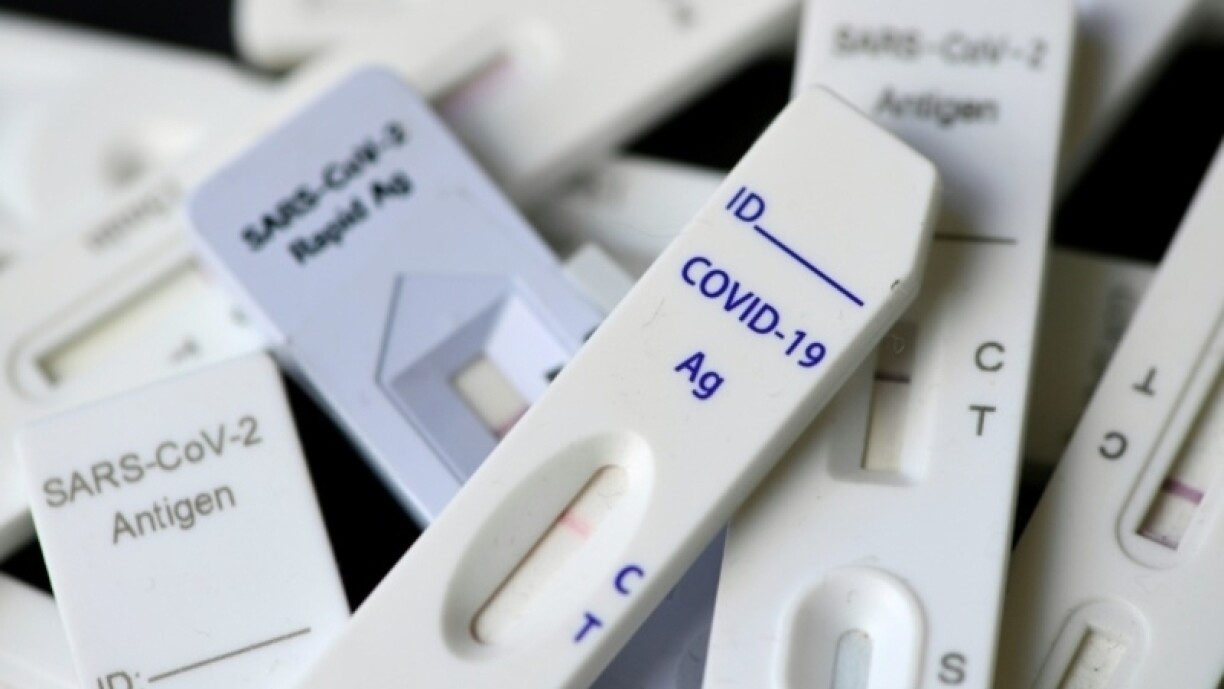
Covid-19 infection rates have been rising in Luxembourg since the start of the new school year. Although the National Health Directorate does not consider the situation to be alarming, it advises vulnerable individuals and groups to get vaccinated with the updated vaccine.
Data from Luxembourg’s laboratories and wastewater analyses indicate a noticeable increase in Covid-19 cases, particularly since the beginning of the school term. However, epidemiologist Joël Mossong told our colleagues from RTL Télé that current case numbers remain well below the peak expected during the upcoming winter season.
The most prevalent variant in circulation at present is KP.3, along with its subvariants. A new variant, XEC, is also being detected more frequently.
Mossong explained that these emerging variants are not significantly different from earlier strains, except for their improved ability to evade immunity in individuals who have previously recovered from Covid-19.
The circulating virus does not necessarily cause more severe symptoms. In fact, many cases present with milder symptoms compared to earlier stages of the pandemic. According to Mossong, fewer people are experiencing fever, with most cases resembling a common cold, including symptoms like a sore throat and runny nose. He also noted that general practitioners are observing a higher incidence of diarrhoea in some patients compared to the early days of the pandemic.
The latest guidance from the High Council for Infectious Diseases recommends that certain “at-risk” groups get vaccinated ahead of the upcoming autumn-winter season. These groups include people over the age of 65, pregnant individuals, and both adults and children with pre-existing conditions that could lead to severe illness. According to Joël Mossong, these recommendations are consistent with those from last year.
Mossong also noted that a new vaccine is now available, formulated based on a variant that circulated a few months ago. This updated vaccine is expected to offer improved protection against the current strains.
Vaccines are available in pharmacies, though not all pharmacies in Luxembourg provide on-site vaccination services. Alain De Bourcy, President of the Syndicate of Luxembourg Pharmacies, explained that administering vaccines requires specially trained staff, and some pharmacies face manpower or logistical limitations. Nevertheless, those pharmacies that do offer vaccinations are stocked with the latest vaccine, De Bourcy confirmed.
Individuals can also contact their GP to receive the vaccine. However, similar to pharmacies, not all GPs are equipped to administer Covid-19 vaccines due to logistical constraints.
Health authorities advise waiting six months after a Covid-19 infection before getting vaccinated. For this reason, Covid-19 rapid tests remain relevant. Some tests available on the market now combine both Covid-19 and flu detection, although they tend to be more expensive and in lower demand.